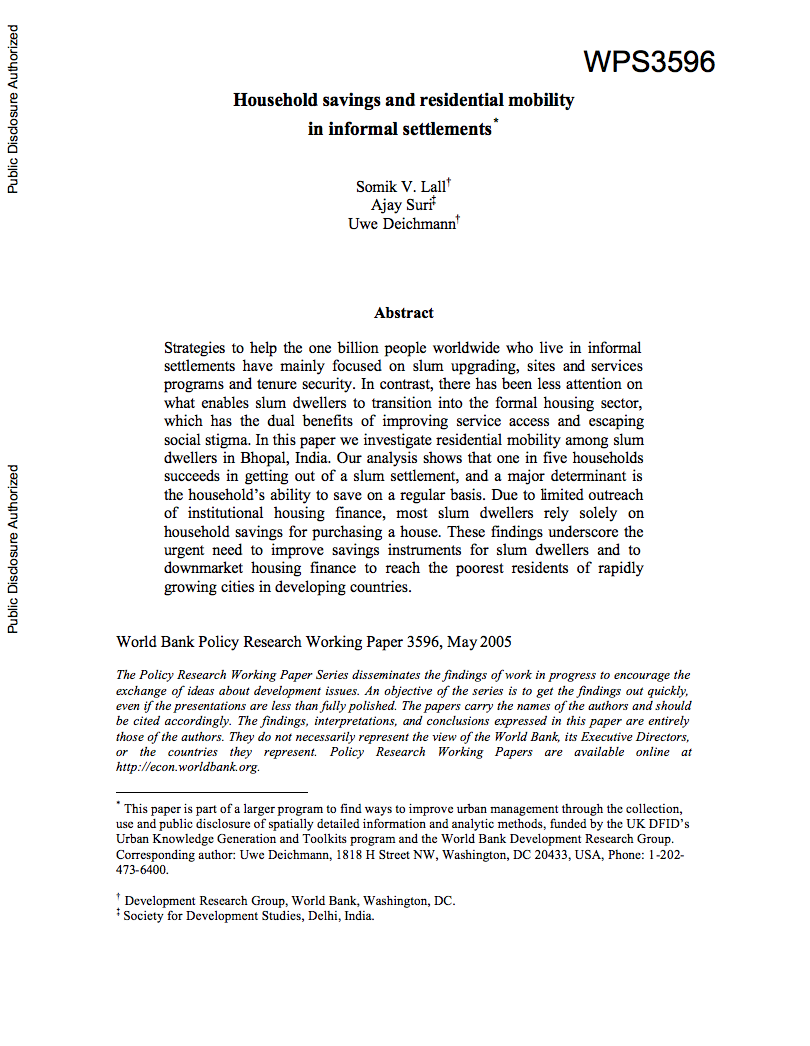The Investment Climate in South Asia : Volume 2. Country Profiles
This report summarizes the findings of
Investment Climate Assessments (ICAs) carried out for all
countries in the South Asia region. It compares South Asian
countries to countries in other regions, analyzes
similarities and differences within the region, and
identifies the way forward in improving the investment
climate. The first volume analyzes similarities and
differences within the region and between South Asia and the


